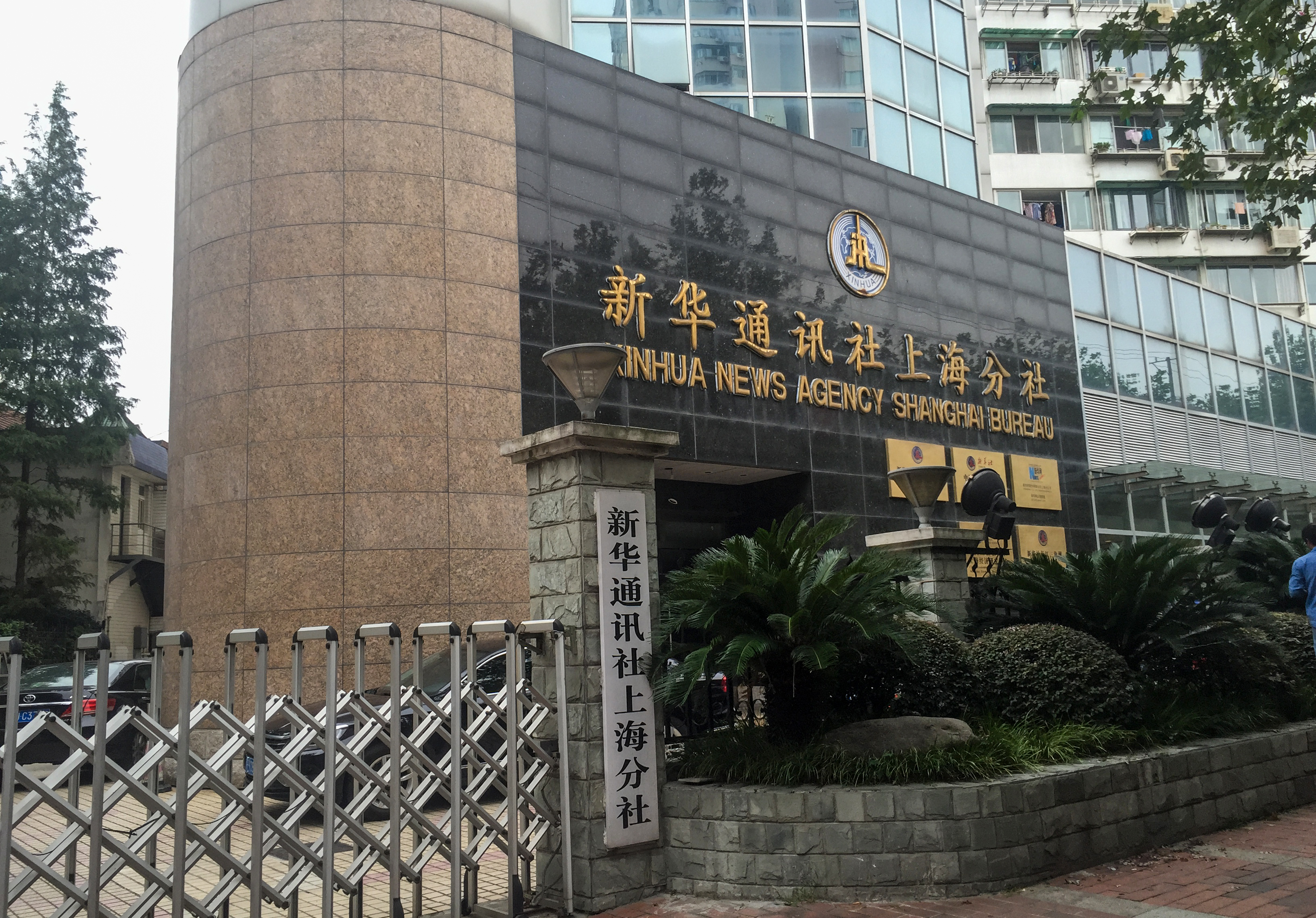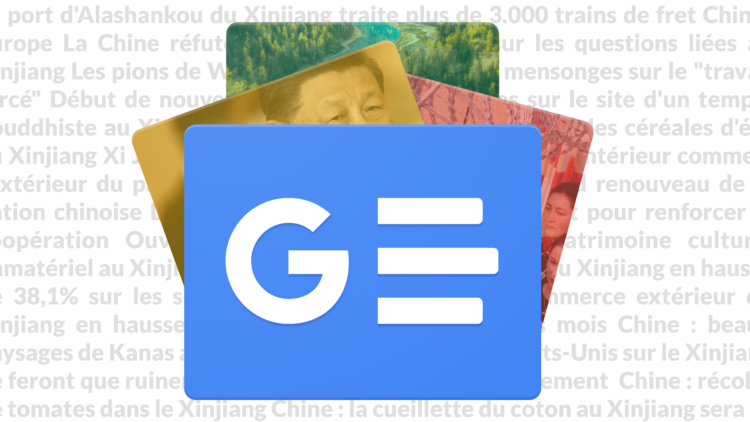Online Chinese media offensive also reaches Belgium
Beijing is not pleased with a long-awaited United Nations report on human rights violations by China against the Uighurs in Xinjiang.
Read the full paper (in Dutch)
China is trying to stop the presentation of the report, which was planned for August. With an online media offensive, in which Belgian users are not left out of the firing line either, China is trying to turn the perception around. This is what data from the dashboard shows.
Mid-July, Belgian internet users who would type the keyword “Xinjiang” into the YouTube search bar get videos from Chinese state-controlled media as recommended results. At the top of the search results are videos from CGTN and CGTN Français, followed by New China TV. CGTN (China Global Television Network) is a state-run English-language news channel, while News China TV is part of Xinhua News Agency, or New China News Agency, the official state press agency of the People’s Republic of China.

The majority of CGTN’s videos on YouTube are about Chinese President Xi Jinping making a visit to the northwestern region of Xinjiang in mid-July. The footage has a very high promotional content without any journalistic input.
The Belgian parliament passed a resolution last year strongly condemning the detention of China’s Uighur minority, as well as warning of a risk of genocide.
CrossOver data study also shows that among Belgian users of the social media platform Odysee, there are nevertheless many stories circulating that question the human rights violations in Xinjiang.
Other recommended videos talk about the “propaganda war of state-controlled media” such as BBC and CNN. In turn, the creators of these videos engage in “factchecking” whereby they debunk so-called conspiracy stories allegedly brought to them by Western state-run broadcasters. The phenomenon of fake factcheckers and disinformers posing as solid news providers is not new on platforms like Odysee.
The Chinese news dominance is also noticeable on Google News, again with the search word “Xinjiang’’. Last week, the search results for Belgian Internet users came from the official state press agency of China and Le quotidien du peuple, the newspaper of the Chinese Communist Party.

This data is aligned with the investigation on how CGTN had risen since the ban of Russia Today on Youtube. That study zoomed in on coverage of the topic Russia on Youtube and has parallel findings as the coverage of Xinjiang.
This article was originally published by Hind Fraihi on Apache, journalistic partner in the CrossOver project.

![[INTERVIEW] Apache](https://crossover.social/wp-content/uploads/2021/12/Apache-750x422.png)


